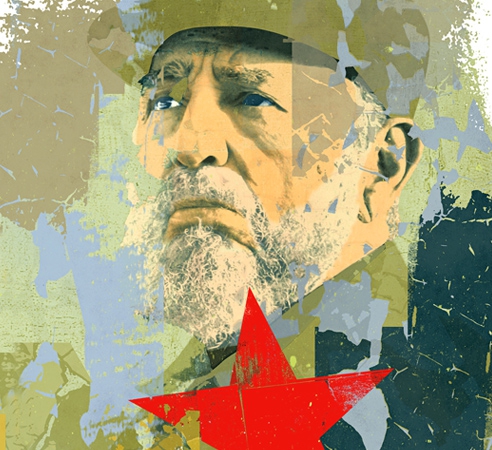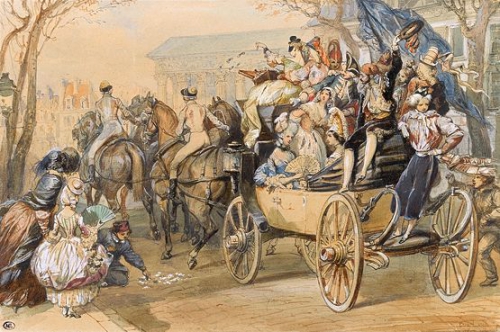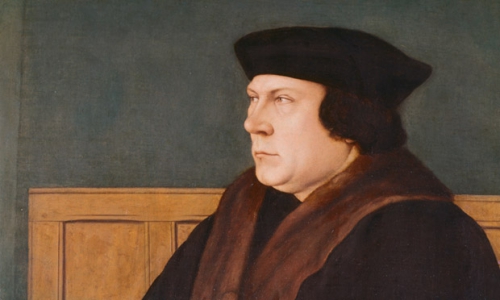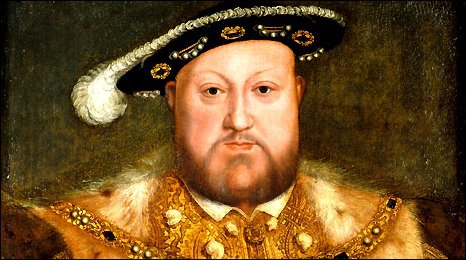It’s taken over half a century for the US to finally figure out how to neutralize pesky Communist Cuba. Invasions, air raids, crushing sanctions, attempts to murder the Castro leadership by exploding cigars and poisons, diplomatic isolation, poisoning crops – all failed.
Now, the lame duck Obama administration has finally figured out how to put an end to Cuba’s Communist system: human wave attacks by hordes of American tourists in loud golf wear yelling “USA,USA!” and waving Visa cards.
The flood gates open in March. Once this happens, the charming, lovely island of gracious people that I’ve known since my youth will go the way of Nineveh, Tyre and Atlantis. They’ll probably even rename eastern Cuba as Sandals III and Hedonism IV, while beautiful old Havana becomes Disney Pirate’s World.
My heart weeps at this prospect. What made Castro’s Cuba uniquely charming was its glorious dilapidation, quaint prudery, and freedom from consumer vulgarity.
Cuba was pretty much crime free. Visitors were treated with respect and rarely pestered. Even the state controlled prices were rock bottom, making Cuba, with its lovely beaches, gorgeous weather and zesty rums the ideal resort for lower and middle income tourists. Well-behaved, polite Canadians make up the majority of visitors. Sayonara to their C$500 (US $410) week all-inclusive vacations.
Once US airlines open regular flights to Havana and Varadero Beach, the Old Cuba will be soon wiped away.
For Americans, long banned from Cuba, this island is the ultimate forbidden fruit. Few Americans are even aware that Havana is a century older than my native New York City.
But beautiful, sexy and charming as Cuba certainly is, it’s biggest problem is dire lack of tourist infrastructure. A few so/so European hotels have been built, but not enough to even handle current demand. The old hotels, like the Nacional where I’ve stayed since I was ten years old, is aging rapidly. Older hotels in downtown Havana are way over the hill. Varadero Beach is lovely but it hotels remind one of Bulgarian Black Sea resorts.
There are shortages of fresh food across the island. Tourists subsist on frozen chicken that US farm lobbies managed to get around the US blockade. How much rubber chicken can one eat? When in Cuba, I savor glorious black beans and rice three times a day. If you’re looking for fine cuisine, go to St Barts.
A big plus for Cuba its world class healthcare and biomedical research. Elderly tourists need have no medical concerns in Cuba –as they should on many small West Indian islands. For example, the Turks and Caicos are lovely but they don’t have a single decent hospital.
Cuba is going to face big trouble when the tourist tsunsmi hits. Havana will have to limit the tourist inflow. Otherwise, hotels and eateries will be swamped and assailed by bribes. Taxis, fuel, and even imported food will be in dire shortage. So will landing slots at Havana and other regional airports.
Cubans are not ready for loud, aggressive tourists shoving money in their faces. Nor are these easy-going islanders mentally prepared for tens of thousands of pushy New Yorkers (I’m also one) or overly emotional Miami Cubans who think they are returning royalty. Waves of carpet baggers will pour in trying to buy everything that isn’t nailed down with their gringo dollars. Every Cuban exile sees himself as the next El Presidente.
All this seems inevitable. I was in Moscow during the fall of Communism and it was not a pretty sight. Many Russians feel deep shame to this day. And so will patriotic Cubans who struggled – and sacrificed – to keep their island independent of Uncle Sam for half a century. Looking at the rest of today’s modernized Latin America, many Cubans will wonder if their long battle was really worth it. At least none will miss the Communist secret police and neighborhood informers.
One suspects a majority of Cubans eagerly await the Yankee invasion. They have suffered long enough for the sake of pride and independence.
I vividly recall Batista’s corrupt, raunchy Cuba of 1953. It’s likely that once the Communists are swept away, the island could revert to those bad old days. Cuba will face a US Congress that still demonizes the Castro brothers and idolizes Israel’s Bibi Netanyahu.




 del.icio.us
del.icio.us
 Digg
Digg










